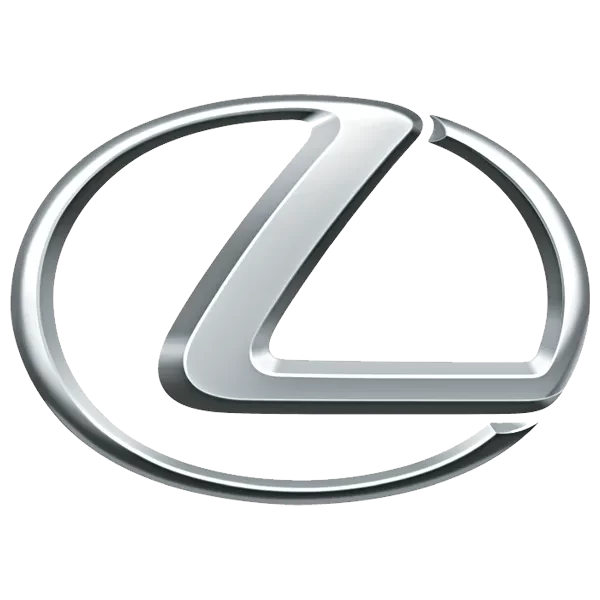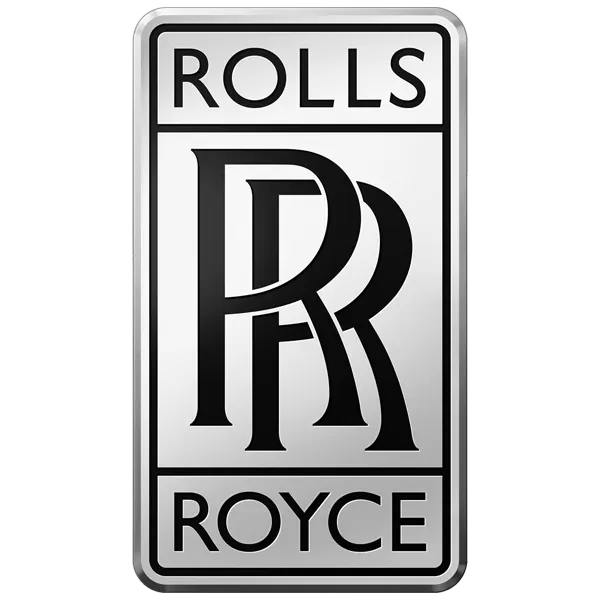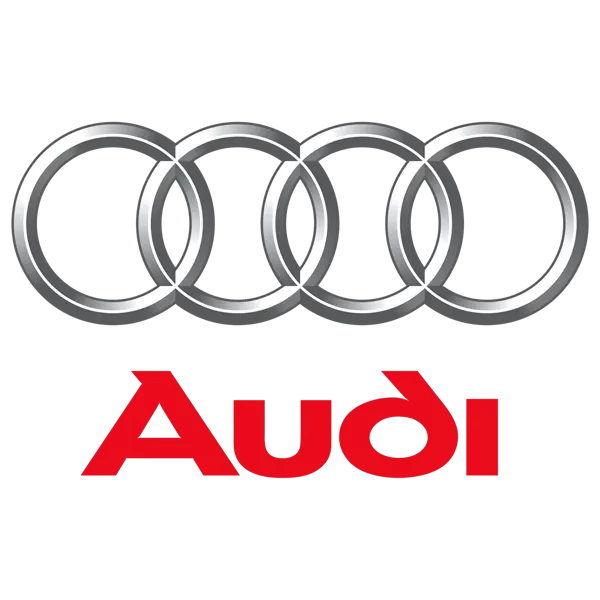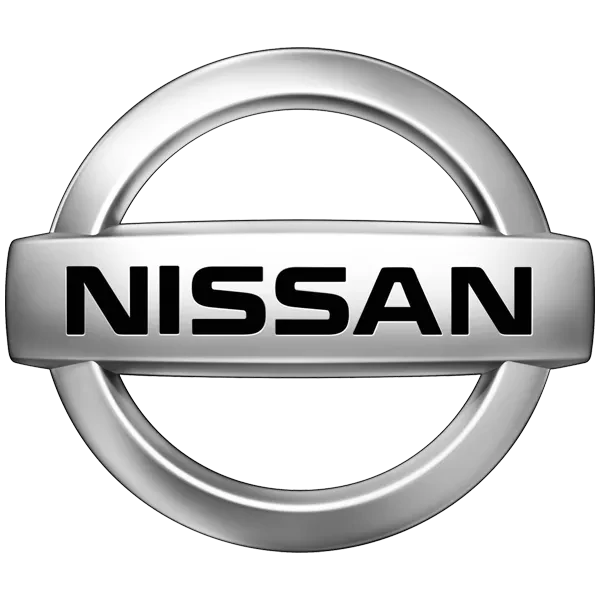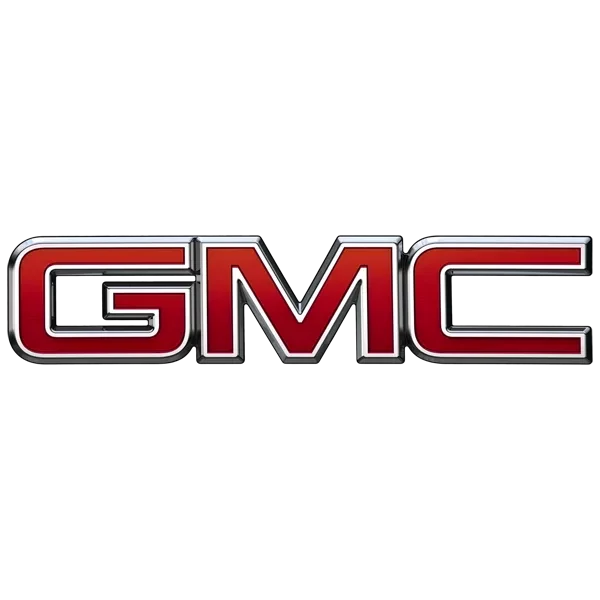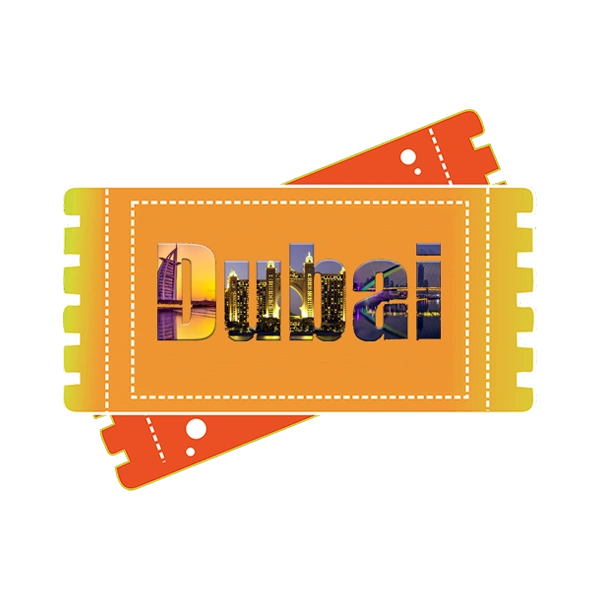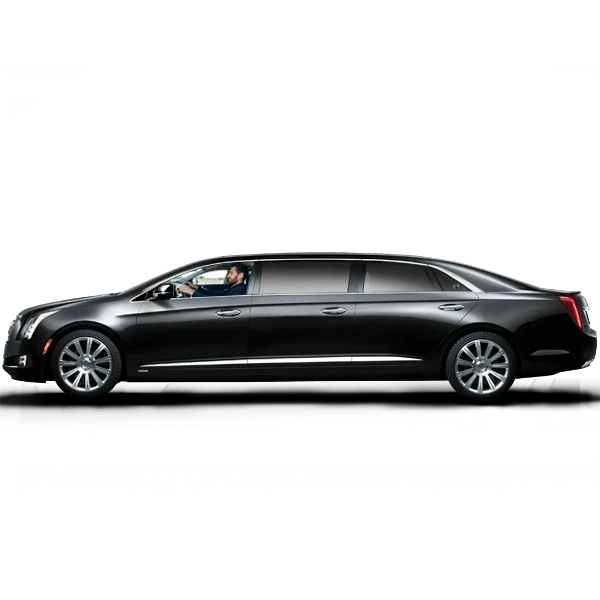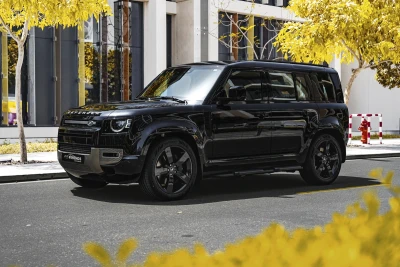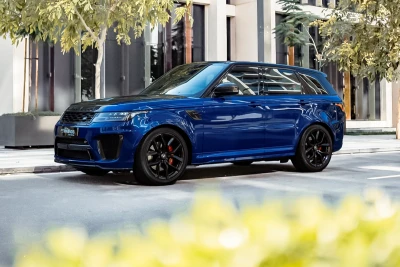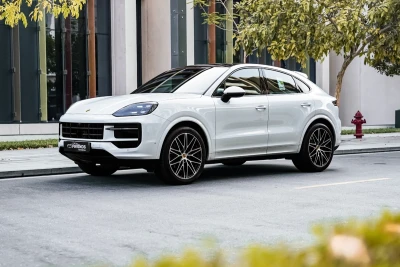Buying a Car from a Private Seller vs. Dealership – What’s Safer in the UAE?

Second-hand vehicles are practical options to consider if you are seeking affordable cars in the Emirates. But how do you know what’s safer: buying a car from a private seller vs. a dealership? This article explores the pros and cons of both private sellers and dealers, helping you decide the best option for you.
At a Glance: Private Seller vs. Dealership
Private Seller: Lower price, direct negotiation, higher risk. Requires significant personal effort.
Dealership: Higher price, convenience, professional inspection, warranties, legal protection. Provides peace of mind.
The dilemma of securing a good deal versus ensuring a safe, reliable purchase can be daunting. So, let’s dive into the specifics of purchasing used cars from each entity.
Private Seller
Pros:
Lower Price: Private sellers generally list their cars at a lower price than dealerships. This is because they don't have overhead costs like staff salaries, rent, and advertising to account for in the final price.
Greater Negotiation Flexibility: There is often more room to negotiate the price directly with the owner, who may be motivated to sell the car quickly. This can lead to a better deal than what you might get at a dealership.
Direct Interaction with the Owner: You can speak directly with the person who has been driving the car. This can provide valuable insights into the vehicle's history, maintenance, and any minor quirks that might not be on an official inspection report.
Less Pressure: The buying experience is often more relaxed and less pressured than dealing with a professional salesperson at a dealership. You can take your time to inspect the vehicle and make a decision without feeling rushed.
Cons:
No Warranty or Guarantees: Private sales are almost always as-is, meaning the seller provides no warranty or guarantee. If a major mechanical issue arises shortly after the purchase, you are solely responsible for the repair costs.
Higher Risk of Hidden Problems: The car's history may not be fully transparent. There is a greater risk of undisclosed accidents, poor maintenance, or hidden mechanical issues. These aspects may not be apparent during a brief test drive.
Increased Paperwork and Responsibility: Unlike a dealership that handles most of the process, you are responsible for managing all the paperwork. It includes everything—from ownership transfer and registration to payment & settlements. These processes can be time-consuming and confusing.
No Financing or Trade-in Options: Private sellers do not offer in-house financing, so you must secure a personal loan from a bank beforehand. Additionally, there is no option to trade in your old car, which means you have to sell it independently.
Limited Legal Protection: Compared to a licensed dealership, there is less consumer protection and legal recourse available if you discover a problem with the vehicle after the sale.
Potential for Scams: There is an inherent risk of encountering scams or fraudulent sellers. It is crucial to be cautious, verify all documents, and meet in a safe, public location.
The Dealership
Pros:
Quality Assurance: Dealerships conduct thorough multi-point inspections on their pre-owned vehicles. This ensures the car meets high-quality and safety standards, reducing the risk of hidden mechanical problems.
Warranty and After-Sales Support: A major benefit is the warranty. It is often included with the purchase of a used car from a dealership. This covers major components for a specific period, protecting you from unexpected repair costs. You also get dedicated customer service and support after the sale.
Financing and Trade-In Options: Dealerships provide convenient in-house financing solutions. They have partnerships with banks, making it easier to secure a car loan. They also allow you to trade in your old car, streamlining the process of upgrading.
Legal and Documentation Assistance: The dealership handles all the necessary paperwork, including ownership transfer, registration, and insurance. This saves you time and ensures all legal formalities are completed correctly.
Transparent Vehicle History: Dealerships provide a clear and verified history of the car, including service records and accident reports (if any). This level of transparency is often difficult to get from a private seller.
Wider Selection: Reputable dealerships offer a curated inventory of various makes and models, allowing you to compare different cars in one location. This makes it easier to find a vehicle that fits your specific needs and budget.
Cons:
Higher Prices: Dealerships have significant overhead costs, including rent, staff salaries, and marketing. These costs are reflected in the final price of the car. It is generally more expensive than the same vehicle from a private seller.
Less Room for Negotiation: While you can still negotiate, dealerships often have less flexibility with their pricing. They have a set profit margin they aim for. This means you may not be able to get the deep discounts you could find in a private sale.
Potential for Sales Pressure: Salespeople work on commission and may use aggressive or high-pressure tactics to get you to close a deal quickly. This can make the car-buying experience feel stressful and rushed.
Additional or Hidden Fees: Some dealerships may charge additional fees that aren't included in the advertised price. Extra costs can include documentation fees, preparation fees, or other administrative costs. It's important to ask for a breakdown of all costs before signing any paperwork.
Less Personal Connection to the Car: The salesperson you interact with won't have the same personal knowledge of the car's history as a private owner. While they can provide service records, they don’t have exact information about the car's day-to-day use or any minor quirks.
Potential for Upselling: Dealerships may try to sell you additional products and services like car insurance, extended warranties, service packages, or upgraded features. It can be daunting to deal with such upsellings.
The Verdict: What's Safer?
Ultimately, the choice between a private seller and a dealership comes down to your priorities and risk tolerance.
A private sale can be tempting due to the potential for a lower price. However, it is a buyer-beware situation where you are fully responsible for all inspections and paperwork. While a safe and successful private sale is absolutely possible, it requires a significant effort.
A dealership is a much safer and more convenient option. Dealerships are bound by consumer protection laws. They offer peace of mind that comes with professional inspections, warranties, and a streamlined process.
Choose a private seller for: lower prices, direct negotiations, and clearer car history.
Choose a dealership for: convenience, peace of mind, trade-ins, legal protection, & warranties.
Verdict: which is safer: If you want a safer option, you should definitely go with the dealership.
Your Action Plan: How to Ensure a Safe Transaction
Regardless of which option you choose, purchasing a vehicle, especially a used car, demands a significant amount of due diligence and research on your part to mitigate the inherent risks.
Following these three steps can ensure a seamless purchase and peace of mind after:
Step 1: The Golden Rule - Pre-Purchase Inspection (PPI)
A comprehensive pre-purchase inspection is non-negotiable. Take the car to a certified RTA center or a trusted third-party garage. This inspection can uncover hidden mechanical, electrical, or structural issues that might not be visible on a test drive. It will save you from costly repairs down the road.
Step 2: Verify Vehicle History
Don't just rely on the seller's word. Verify the car’s history, including any outstanding fines, accidents, or previous service records. In Dubai, you can use the RTA and Dubai Police websites to check for fines and accident history using the car's plate number. This step provides a clear picture of the car’s past—helping you avoid inheriting any legal or financial burdens.
Step 3: Clear Paperwork & Ownership Transfer
The final step is to ensure a smooth and legal ownership transfer. Confirm that the seller has cleared any outstanding loans or mortgages on the vehicle. Make sure the necessary documents are ready for the RTA transfer process.
This includes a valid Emirates ID for both parties and a valid UAE residency visa for the buyer. Without proper paperwork, the transfer cannot be completed, and you could face legal issues.
FAQs
What are the RTA fees for car ownership transfer in Dubai?
The main RTA fee for a private light vehicle is AED 400. There are additional fees, including a knowledge and innovation fee of AED 20 and a selling agreement fee of AED 50. New number plates also have a separate fee ranging from AED 35 to AED 500.
Can I get a loan for a car purchased from a private seller?
Yes, many banks in the UAE offer personal loans or specific auto cash loans that can be used to finance a car from a private seller.
Do I have to pay outstanding fines on the car before a transfer?
Yes, all outstanding traffic fines on the vehicle must be cleared in full before the RTA will process the ownership transfer.
What documents are needed for the RTA ownership transfer?
You will need the following for the RTA ownership transfer:
Original Emirates IDs of both the buyer and seller.
The original vehicle registration card (Mulkiya).
A valid vehicle insurance policy under the buyer's name.
A technical inspection certificate.
Final Thoughts
The allure of a lower price from a private seller is strong, but a dealership offers a level of safety and convenience that is hard to match. With a dealership, you benefit from professional inspections, legal protections, and hassle-free paperwork. However, if you are comfortable with the responsibility and due diligence required, a private sale can certainly be rewarding.
No matter which path you choose, the key to a successful purchase lies in being proactive. Always insist on a pre-purchase inspection, verify the car's history, and ensure the paperwork is handled correctly. By following this Private Seller vs. Dealership guide, you can confidently drive away in a car you love, knowing you've made a smart and secure purchase.
Written by: FriendsCarRental
Published at: Sun, Oct 19, 2025 12:39 PM
Leave a Reply
Your email address will not be published. Required fields are marked *
Car Rental in Dubai
AED 2500
DAY
AED 0
MONTH
-
 SUV
SUV -
 4 Doors
4 Doors -
 5 Seats
5 Seats
- 1 Day Rental Available
- Deposit: Not Required
- Insurance Included
AED 5500
DAY
AED 0
MONTH
-
 Sports
Sports -
 2 Doors
2 Doors -
 2 Seats
2 Seats
- 1 Day Rental Available
- Deposit: Not Required
- Insurance Included
AED 1200
DAY
AED 0
MONTH
-
 SUV
SUV -
 4 Doors
4 Doors -
 5 Seats
5 Seats
- 1 Day Rental Available
- Deposit: Not Required
- Insurance Included
AED 1600
DAY
AED 0
MONTH
-
 SUV
SUV -
 4 Doors
4 Doors -
 5 Seats
5 Seats
- 1 Day Rental Available
- Deposit: Not Required
- Insurance Included
AED 1500
DAY
AED 28500
MONTH
-
 SUV
SUV -
 4 Doors
4 Doors -
 5 Seats
5 Seats
- 1 Day Rental Available
- Deposit: Not Required
- Insurance Included

 عربي
عربي
 English
English
 Français
Français
 Русский
Русский
 中国人
中国人
 Nederlands
Nederlands
 Española
Española
 Türkçe
Türkçe
 Italiana
Italiana













